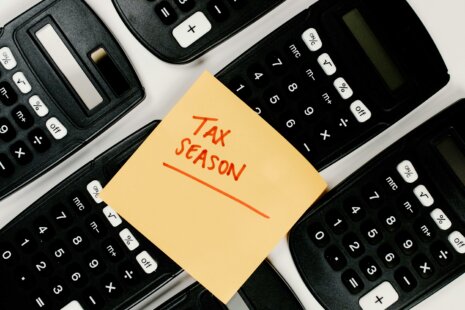Yes, months with three paychecks can make a financial difference, especially if you’re paid on a biweekly or semimonthly basis.
Here’s how:
- Extra Income: In a typical year with 12 months, if you receive two paychecks each month, you’ll have 24 paychecks in total. However, in a year with three paycheck months, you’ll receive a total of 26 paychecks. This means you’ll have two extra paychecks in that year. These extra paychecks can provide you with additional income that you can use to achieve various financial goals.
- Savings and Debt Reduction: Many people use the extra income from three paycheck months to boost their savings or pay down debt. You can put the additional funds toward building an emergency fund, contributing to a retirement account, paying off high-interest debt, or making extra mortgage payments. It’s an opportunity to accelerate your financial progress.
- Investments: If you’re an investor, you can use the extra income to invest in stocks, bonds, or other investment vehicles. Investing these funds wisely can help you grow your wealth over time and take advantage of compound returns.
- Big Expenses: Three paycheck months can be especially helpful if you have significant upcoming expenses. You can use the extra income to cover costs like home repairs, car maintenance, education expenses, or vacations without dipping into your regular monthly budget.
- Financial Goals: You can align the extra paychecks with your financial goals. For example, you might allocate one of the extra paychecks to a specific savings goal, such as a down payment for a home or a major purchase.
- Emergency Fund: Building or replenishing your emergency fund is another smart use of the extra income. Having a robust emergency fund can provide financial security in case of unexpected expenses or emergencies.
- Debt-Free Month: Some people use the extra paycheck to have a “debt-free” month, where they pay all their monthly bills and expenses using the extra income, leaving their regular paychecks untouched. This can be a great way to temporarily eliminate financial stress.
You should plan ahead and make the most of your three paycheck months by setting clear financial goals and priorities. Consider creating a budget or financial plan that takes into account these extra paychecks and outlines how you’ll allocate the additional income to achieve your objectives. Whether it’s saving, investing, debt reduction, or covering specific expenses, three paycheck months offer an opportunity to make meaningful progress toward your financial goals.




